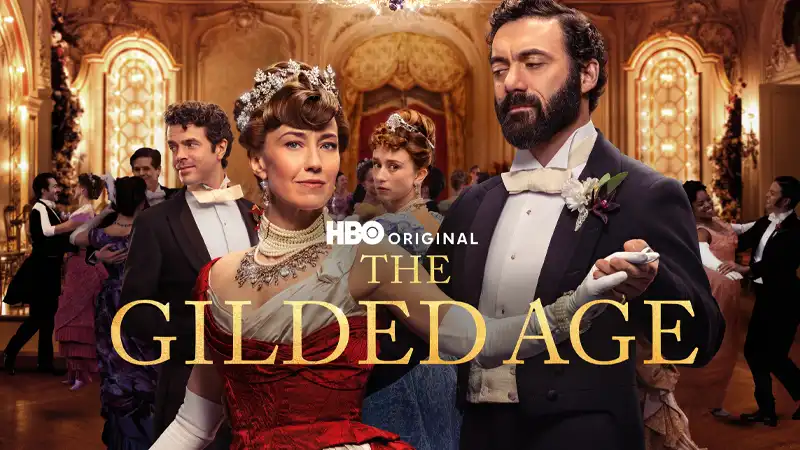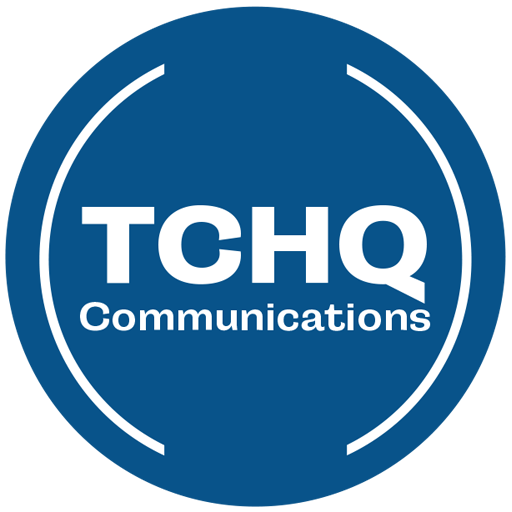Article Read Time

HBO’s The Gilded Age isn’t just a feast of opulent costumes, marble staircases, and social intrigue; it’s also an unexpectedly rich case study in leadership, ambition, and the management of people (and egos). The show’s fictional titans of industry and society aren’t just battling over ballroom invitations; they’re running complex operations, managing staff, navigating public perception, and trying to outmaneuver rivals.
And just like in the real world, some of them are doing it brilliantly… while others are making mistakes you could spot from across the croquet lawn.
Let’s unpack some of the best and worst management lessons from the world of the Astors, Russells, and beyond.
The Gilded Age Lesson #1: Vision Without Execution Is Just Theater (Good)
Bertha Russell isn’t just redecorating a house; she’s building an empire. She’s relentless about her goals, whether it’s breaking into New York’s old-money social circle or making her husband’s railroad business the dominant force in the country.
Her secret? She has a clear vision, and she executes the plan. Every dinner party, press appearance, and donation is part of a larger strategic roadmap.
Modern takeaway: In business, it’s not enough to have a vision board and a latte. You need the tactics, the persistence, and the willingness to adjust the plan without losing sight of the goal.
Lesson #2: Respect the Power of Public Perception (Good)
In The Gilded Age, reputation is currency. One wrong headline or whispered rumor can sink a fortune or close a door forever. George Russell, despite being a cutthroat businessman, knows the value of public goodwill. When disaster strikes, be it a derailment or public outrage, he acts decisively to protect the brand.
Modern takeaway: In our hyper-connected era, your brand can rise or fall on a tweet. Leadership isn’t just about internal operations; it’s about understanding how you’re perceived and proactively shaping that narrative.
Lesson #3: Treat Your People Like Assets, Not Servants (Good)
The Russells may be social climbers, but they treat their household staff with unusual respect for the time. Bertha rewards loyalty, promotes from within, and even listens to staff input when planning events (most of the time).
Modern takeaway: Whether you’re running a startup or a Fortune 500 company, investing in your team’s well-being, professional growth, and loyalty pays dividends. People who feel valued work harder, innovate more, and stick around longer.
Lesson #4: Beware the Echo Chamber (Bad)
On the flip side, several old-money characters, most notably Mrs. Astor and her inner circle, suffer from the worst kind of leadership blind spot: surrounding themselves only with people who agree with them. They mistake tradition for infallibility and refuse to adapt to changing circumstances.
Modern takeaway: If your leadership team is just a mirror of your own opinions, you’re in trouble. Great managers seek out dissenting voices and listen to perspectives from outside their comfort zone.
Lesson #5: Micromanagement Kills Momentum (Bad)
One recurring flaw in the Gilded Age elite? The tendency to manage every detail themselves, especially when it comes to “important” events. This slows down decision-making and frustrates staff, leading to missed opportunities.
Modern takeaway: Trust your team to execute. Give them the tools, authority, and boundaries they need, and then step back. Hovering over every task is the fastest way to bottleneck progress.
Lesson #6: Play the Long Game (Good)
George Russell’s business dealings are ruthless, but rarely impulsive. He thinks several moves ahead, anticipating competitors’ reactions and market shifts. He’s not above losing a battle to win the war.
Modern takeaway: In management, short-term wins are nice, but sustainable success comes from planning beyond the next quarter. Strategic patience often beats reactionary speed.
Lesson #7: Don’t Let Ego Drive the Agenda (Bad)
Some of the most disastrous decisions in The Gilded Age happen when leaders act out of wounded pride, whether it’s refusing to attend an event, cutting off a partnership, or making a high-stakes gamble to “show them.”
Modern takeaway: Ego can be the silent killer of good business. Ask yourself: am I making this decision because it’s best for the organization, or because I want to win a personal grudge match?
Lesson #8: Adapt or Be Irrelevant (Good & Bad)
The old-money elite’s resistance to the Russells’ rise is a masterclass in what not to do: clinging to outdated systems in a rapidly changing world. The ones who survive are the ones who learn to adapt without losing their core identity.
Modern takeaway: Markets change, technology changes, and consumer expectations change. If your leadership style is stuck in 1882 (or even 2022), you’re going to get left behind.
The Gilded Age Lesson #9: Lead With Both Strategy and Empathy (Good)
The leaders who thrive in The Gilded Age, whether they’re running a household, a business, or a social empire, balance ambition with an understanding of human needs. They know when to push, when to negotiate, and when to offer a kindness that cements loyalty for life.
Modern takeaway: Leadership isn’t just about profit margins and KPIs, it’s about relationships. The most innovative leaders know that the two are deeply connected.
The Bottom Line: The Gilded Age – Vision, Adaptability, and Respect
The Gilded Age may be set in the late 1800s, but its lessons for managers are timeless. The best leaders combine vision, adaptability, and respect for their teams with a keen awareness of public perception. The worst? They cling to tradition, micromanage talent, and let ego run the show.
Whether you’re building a startup, running a political campaign, or managing a Fortune 500, remember: the ballrooms and boardrooms might look different, but the principles of good leadership never go out of style. And if you’re ever in doubt, ask yourself, “What would George Russell do?” (And maybe skip the part where he bankrupts his enemies for sport.)
Need help? That’s what we are here for. Contact TCHQ Communications today at 502-209-7619.



You must be logged in to post a comment.